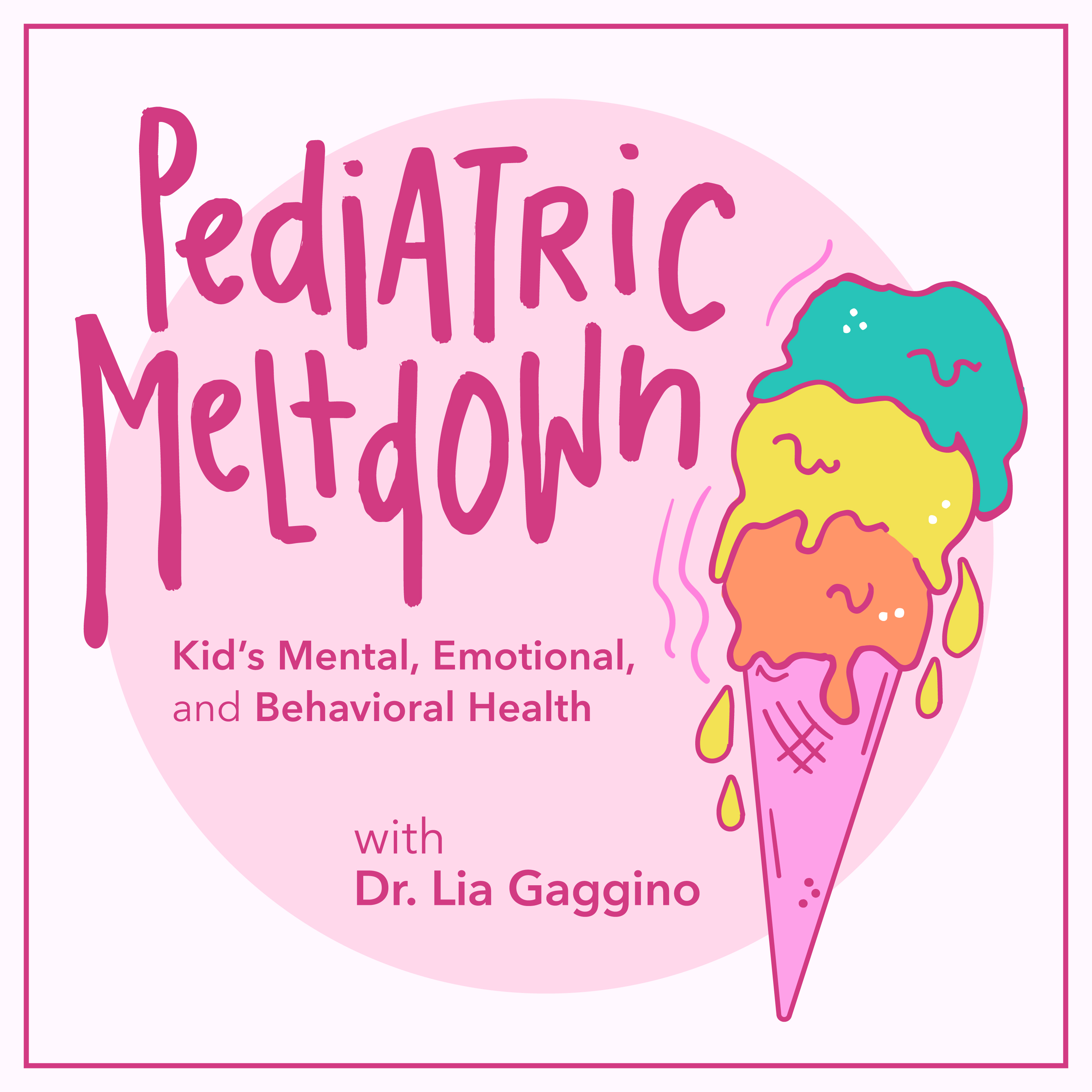
223. ADHD and the Anxiety Monster: Strategies to Break the Cycle
Podcast: Pediatric Meltdown
Autor:Lia Gaggino
Have you ever wondered if ADHD is being misunderstood or misdiagnosed in children, leading to feelings of failure and unchecked anxiety? In this episode of Pediatric Meltdown, host Dr. Lia Gaggino and Dr. Norrine Russell talk about the complexities of ADHD, from its nuances to the pressing need for systemic change in how it's perceived and treated. They shed light on the importance of recognizing ADHD as non-willful behavior, the role of early intervention, and the imperative of individualized education plans. With data-backed insights and real-world anecdotes, this discussion underscores the urgency of a more equitable and comprehensive approach to ADHD treatment. This is a must-listen for educators, parents, and healthcare providers.[00:38 - 7:37] Unpacking ADHD and Common MisinterpretationsDefinition of "pure ADHD," described as a potential "gift," affecting a smaller segment of diagnosed children.Discussion on comorbidities like dyslexia, dysgraphia, mood disorders, and autism, affecting two-thirds of ADHD-diagnosed children.Issues of whether anxiety stems from late-diagnosed ADHD or contributes to its symptoms.Emphasis on early intervention to prevent ADHD from triggering anxiety and encourages proper diagnosis to avoid misunderstanding behaviors.[07:38 - 14:07] Individualized Educational Approaches and Social SkillsImportance of personalized educational strategies for neurodivergent children, avoiding a "one size fits all" methodology.Benefits of involving children in solution-finding processes for tailored educational support.Highlighting social delays in children with ADHD and the role of structured activities in fostering social interactions.Allowing children to build on their strengths and interests to enhance self-esteem and personal growth.[14:08 - 21:15] Challenges in Diagnosing and Treating ADHDDiscussion on the misconception of oppositional defiant disorder (ODD) and its potential misinterpretation as ADHD symptoms.Need for differential diagnosis to distinguish between ODD and ADHD, particularly in the context of trauma.Advocacy for multimodal ADHD treatment plans, integrating medication, parent education, and school plans as per American Academy of Pediatrics guidelines.Addressing systemic inequities in healthcare affecting children on Medicaid and the impact of racial biases on ADHD treatment.[21:16 - 28:22] Tools, Resources, and the Path ForwardDiscussing genetic links and familial patterns discovered during psychosocial intakes.Importance of early identification to prevent negative academic cycles and enhance engagement.Promoting ADHD acceptance and self-advocacy by normalizing brain differences.Recommendations for educational materials, like "ADHD is Awesome" and "The Anxious Generation," and promoting Norrine’s podcast for further insights.Resources Mentioned:Vanderbilt and Connors Symptom Trackers (Symptom Trackers) Vanderbilt ADHD Diagnostic Rating Scale (VADRS) - Psychology ToolsBook: ADHD Is Awesome - ADHD is Awesome: A Guide To (Mostly) Thriving With ADHD: Holderness, Penn, Holderness, Kim, Edward Hallowell: 9781400338610: Amazon.com: BooksBook: <a href="https://www.example.com/" rel="noopener...
Fecha de Publicación: 4 de diciembre de 2024
Duración: 1 hr 3 min
Añadir a Playlist

Episodios Relacionados
-
249. The Pediatric Meltdown Podcast: Behind the Scenes junio 4, 2025
-
248. Conversation with My Daughter: Soft Body Baddie mayo 28, 2025
-
247. Human Trafficking: What Pediatric Clinicians Must Know mayo 21, 2025
-
246. Pediatric Psychopharmacology: Tips for Prescribers mayo 15, 2025
-
245. When Sadness Looks Like Anger: Rethinking Pediatric Depression and Behavioral Activation mayo 7, 2025